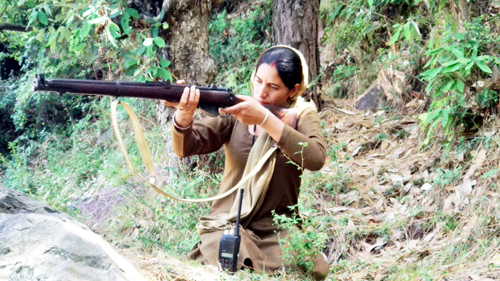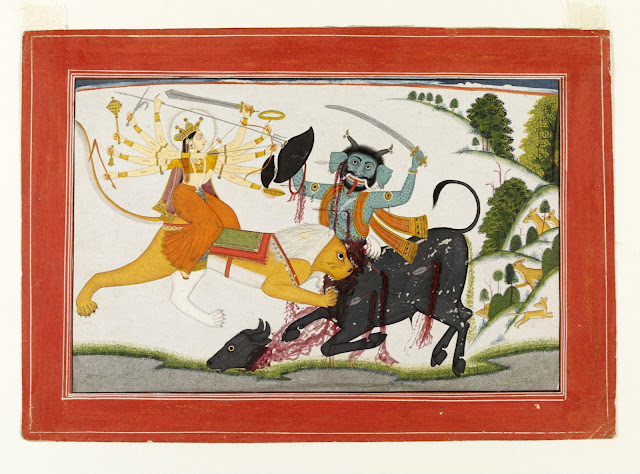The Senseless Obsession with a Uniform Civil Code - Hindus Will be Net Losers

Once again, the bogey of Uniform Civil Code (UCC) has come to the forefront of political deliberations. UCC is being seen as some kind of panacea for a variety of problems that the Hindus face in India. The worst part is that many right minded Hindus seriously believe that UCC will be some kind of game changer in this country. This, when fact remains that UCC does nothing to solve the challenges of Hindus and their second class status in India. Nevertheless, one must realise that UCC does more harm to Hindus than good, and a few good and solid reasons exist for this. For this, let us have a look at what is being pushed for in the Uttarakhand draft of the UCC bill. As per twitter discussions, these are the thirteen key features of the bill: 1: Polygamy will be banned. 2: The age of marriage of girls will be increased so that they can graduate before marriage. 3: Declaration of live in relationship will be necessary. Parents will be informed. 4: In succession, girls will get an equal sh



